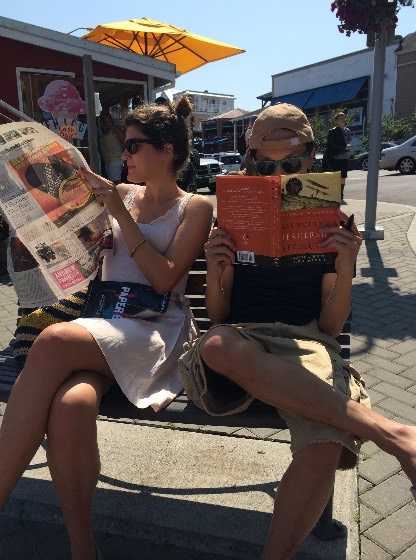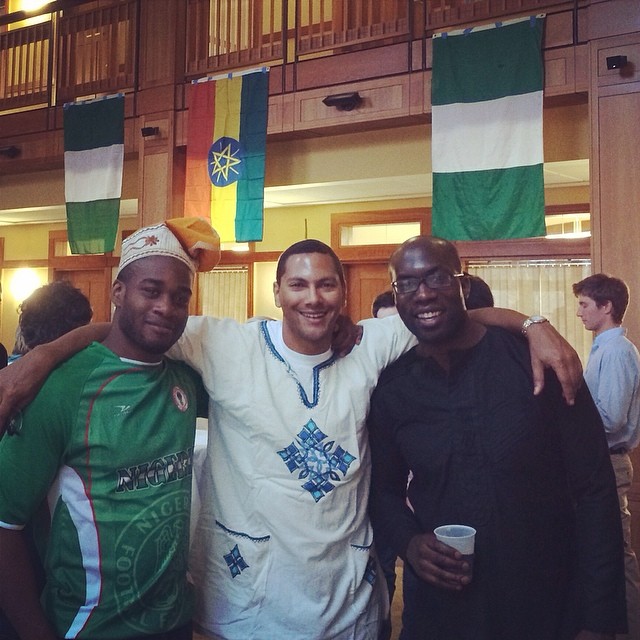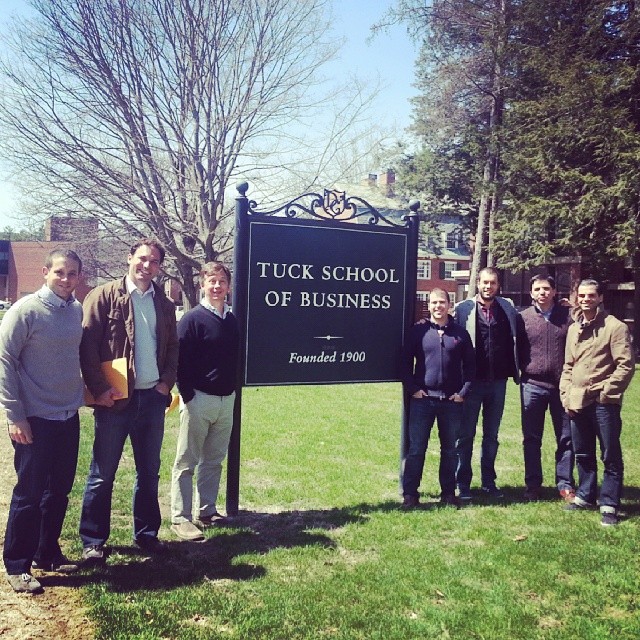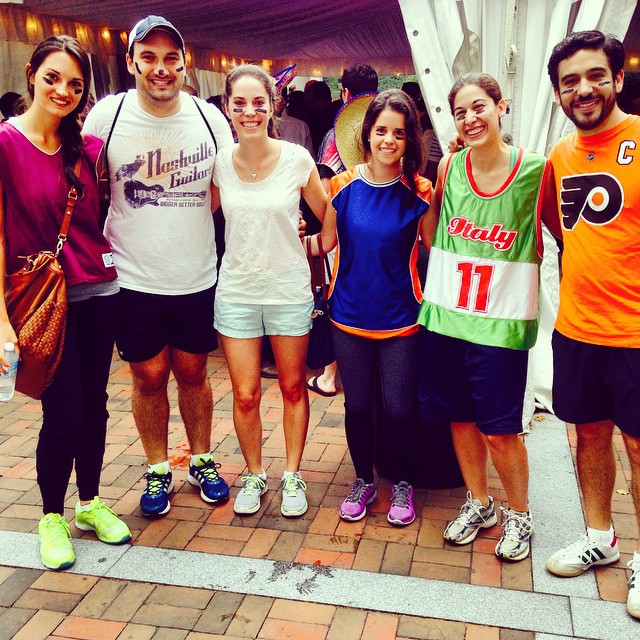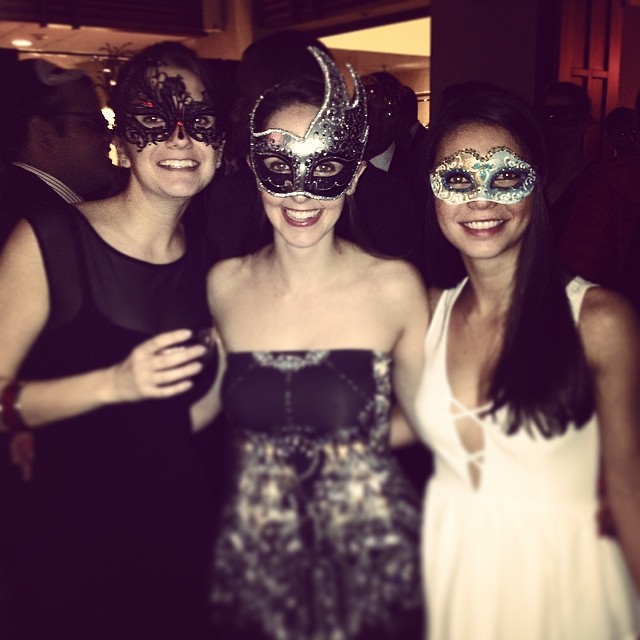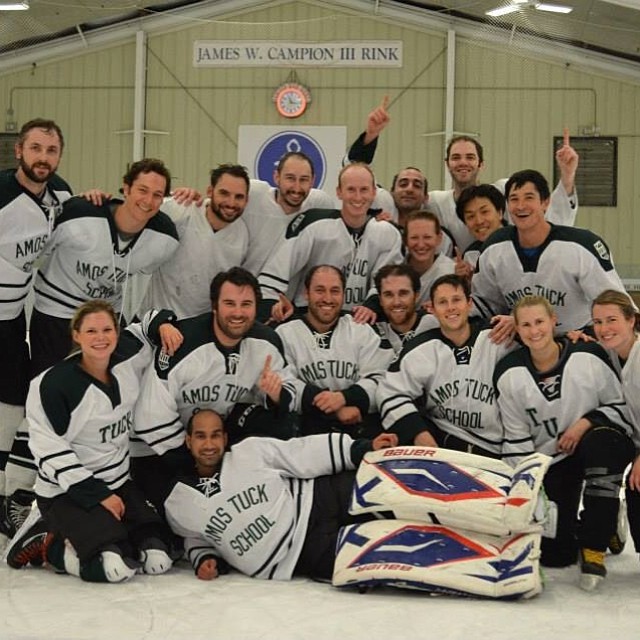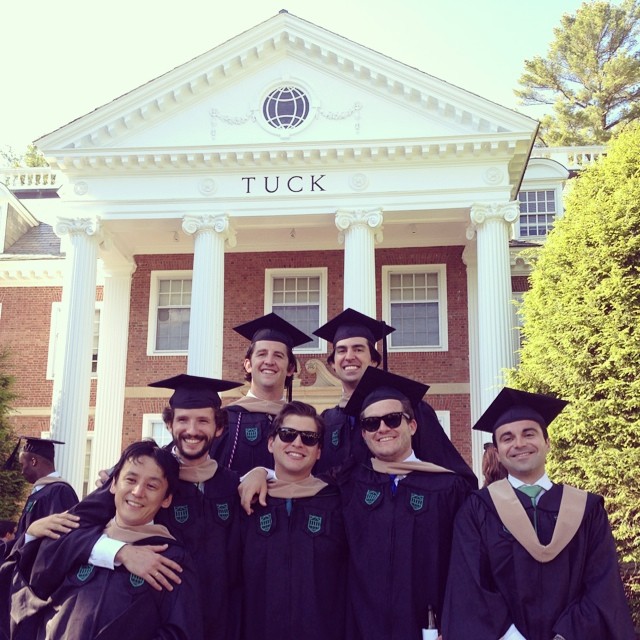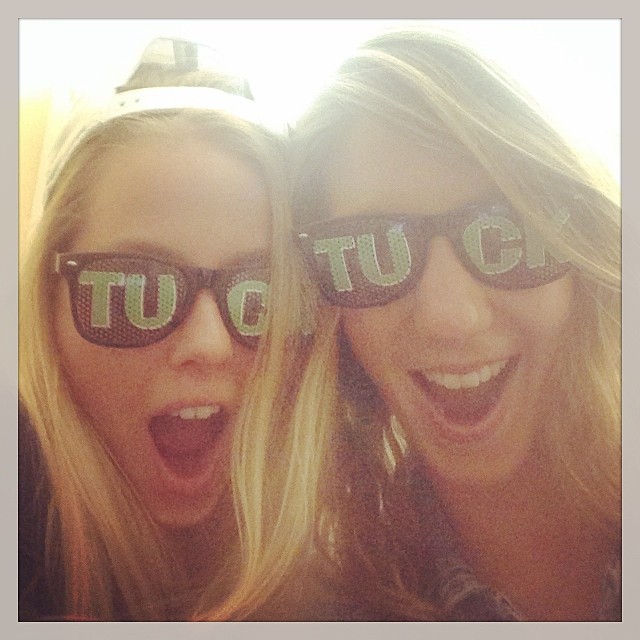Events & Promotions
|
|

GMAT Club Daily Prep
Thank you for using the timer - this advanced tool can estimate your performance and suggest more practice questions. We have subscribed you to Daily Prep Questions via email.
Customized
for You
Track
Your Progress
Practice
Pays
Not interested in getting valuable practice questions and articles delivered to your email? No problem, unsubscribe here.
- Nov 20
07:30 AM PST
-08:30 AM PST
Learn what truly sets the UC Riverside MBA apart and how it helps in your professional growth
domotron

Current Student
Joined: 19 Oct 2012
Last visit: 27 Jun 2018
Posts: 538
Own Kudos:
Given Kudos: 105
Status:Current Tuckie!
Location: United Kingdom
Schools: Tuck '16 (M$)
GMAT 1: 710 Q50 V36

GMAT 2: 740 Q48 V44

Kudos
Bookmarks
erahn1
I've only been here just under 3 weeks, in terms of eateries in Hanover the options are Murphy's (Tuckies hangout), Molly's, Thai Orchid and Canoe Club, which is the one of the best places to eat in Hanover I hear. The Hanover Inn also has a restaurant but you may need to book as it is fairly up market.
Things to see - can't help you too much but there are a ton of trails locally (the AT trail actual goes through Hanover).
Hokie2MBA
Joined: 20 Aug 2014
Last visit: 17 Dec 2015
Posts: 27
Own Kudos:
Given Kudos: 5
Concentration: Strategy, General Management
Schools: HBS '17 (D) Sloan '17 (M) Tuck '17 (WD) Ross '16 (A) Booth PT '17 (A) Kellogg '16 (WD) Wharton '17 (WD)
GMAT 1: 740 Q47 V45

GPA: 3.4
Schools: HBS '17 (D) Sloan '17 (M) Tuck '17 (WD) Ross '16 (A) Booth PT '17 (A) Kellogg '16 (WD) Wharton '17 (WD)
GMAT 1: 740 Q47 V45

Posts: 27
Kudos:
9
Kudos
Bookmarks
Hi - Quick question about the interview process. Does Tuck expect applicants to complete the written application before scheduling the interview? I can't tell from the website. It seems reasonable to me that they would want to have our profile and essays in advance, but maybe they don't rely on those inputs for the interview.
Thanks!
Thanks!
politricks
Kudos
Bookmarks
Hokie2MBA
No, you can complete the interview before you submit your application. The open period begins soon and the deadline for EA is still a sold month away. When you schedule your interview Tuck asks you to email your resume a few days before the interview date. I believe the only thing your interviewer will have access to is the resume. However, I would feel more comfortable having submitted my app because then I would have a better sense of what Tuck wanted and what my narrative is.











